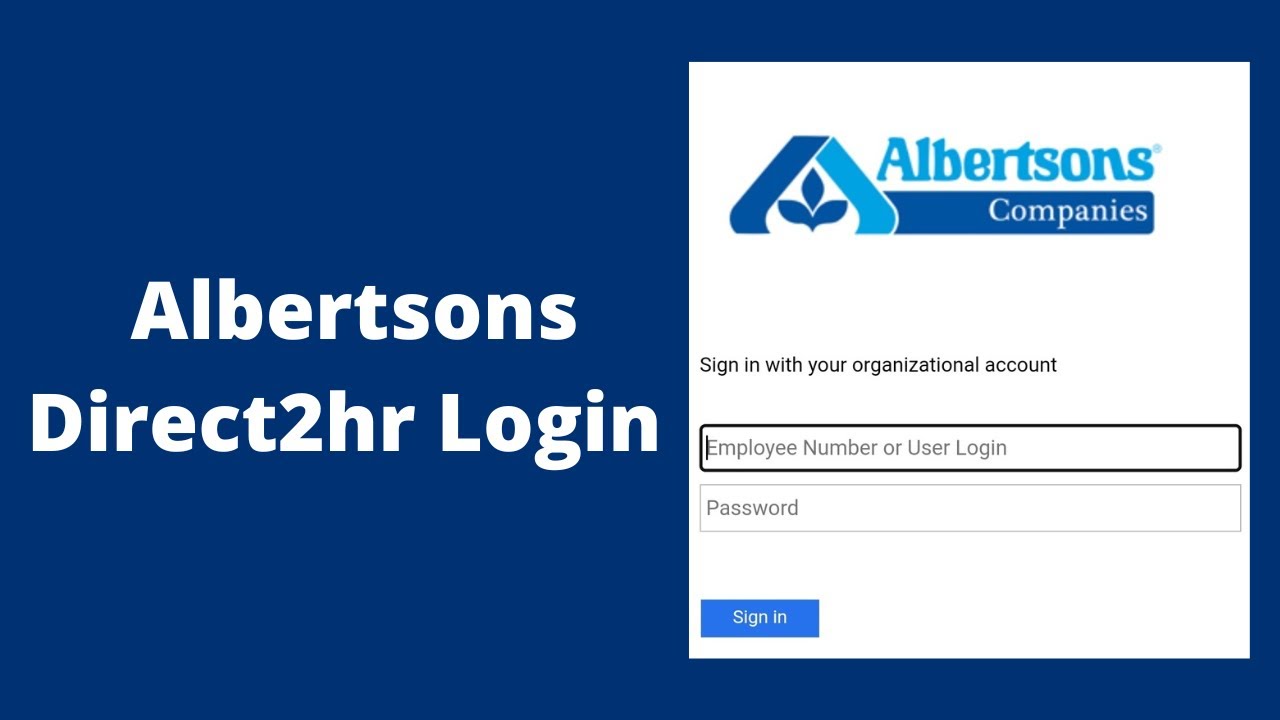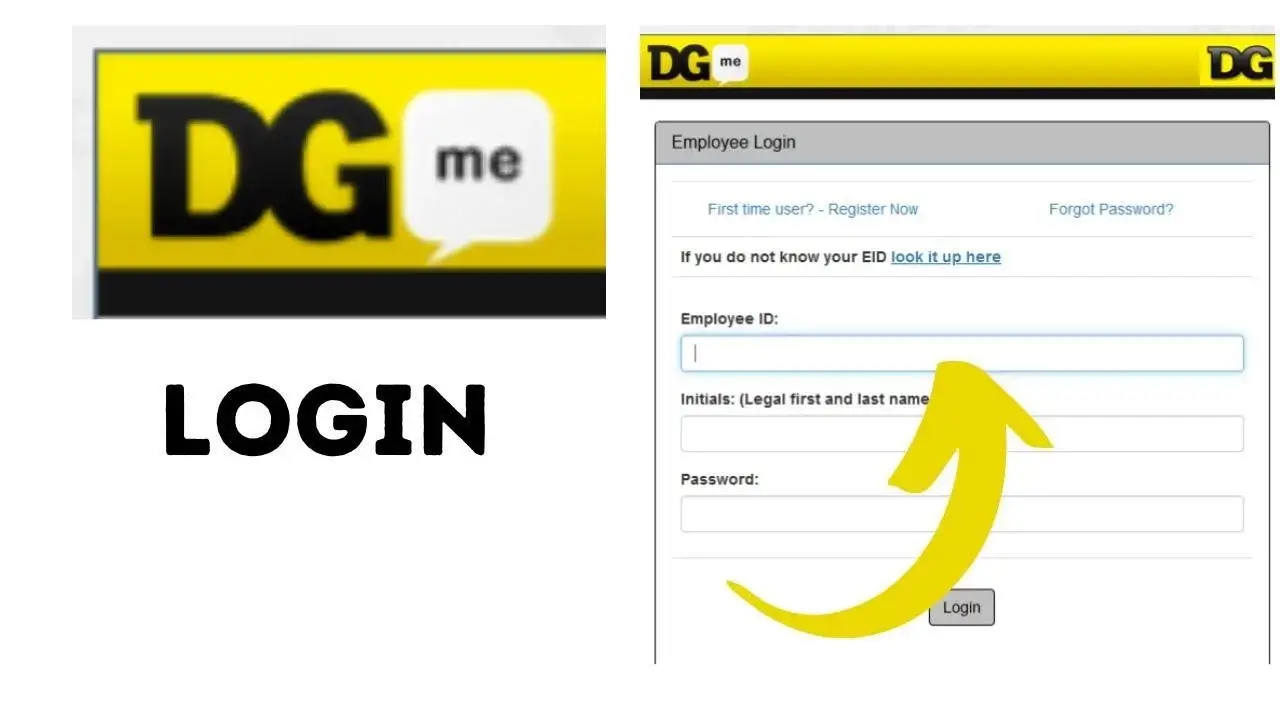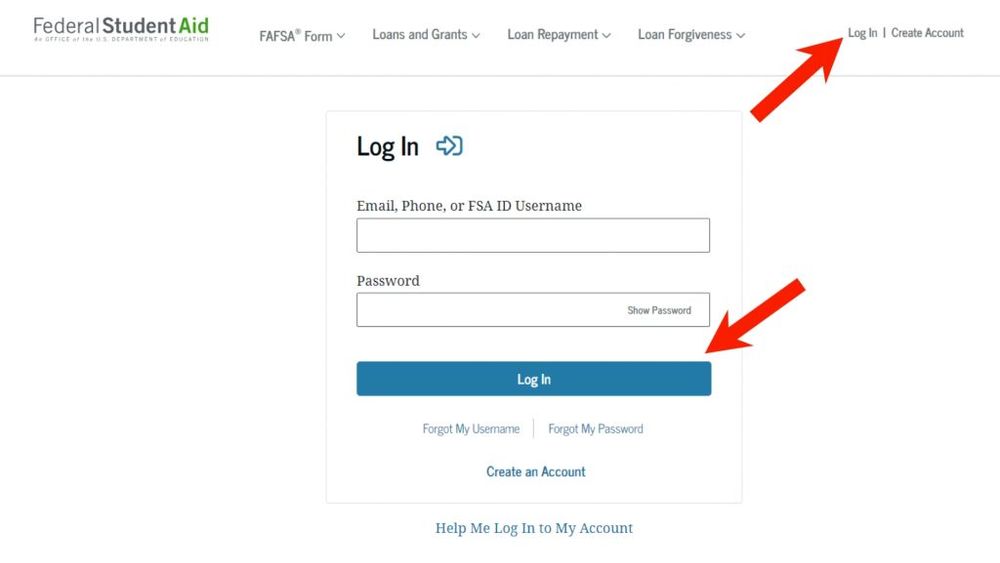Featured
Biden Campaign HQ Staffers Finalize Union Deal, Setting Precedent for Reelection Campaigns
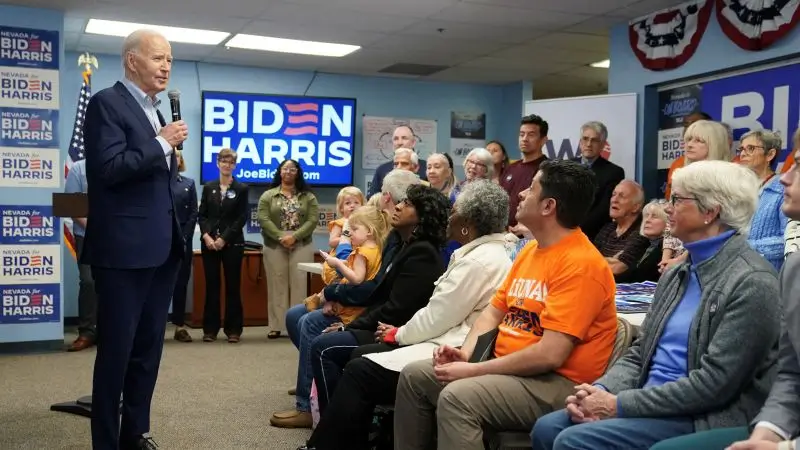
In a historic move, staffers at Joe Biden’s reelection campaign headquarters have finalized a union agreement, making it the first presidential reelection campaign to organize.
The agreement was reached between the Biden-Harris campaign and the International Brotherhood of Electrical Workers (IBEW) Local 2320. The IBEW represents nearly 200 employees at the campaign’s headquarters in Philadelphia.
According to a statement from the campaign, the agreement includes “competitive salaries and benefits, robust anti-harassment policies, as well as paid time off and employer-paid health care.”
The successful unionization effort has been praised by both labor leaders and Democratic officials.
“This is an important step towards ensuring fair and equitable treatment for campaign staff, and sets a new standard for future presidential reelection campaigns,” said Stuart Appelbaum, president of the Retail, Wholesale and Department Store Union (RWDSU).
The RWDSU also represents workers at the Democratic National Committee (DNC) and has been working with Biden’s campaign to facilitate negotiations.
“This agreement shows that the Biden-Harris campaign values its employees and recognizes their hard work and dedication,” Appelbaum added.
This move highlights the growing trend of unionization among political campaigns. In recent years, several Democratic candidates have unionized their staffs, including Senators Bernie Sanders and Elizabeth Warren during their 2020 presidential runs.
However, this marks the first time a sitting president or vice president has unionized their reelection campaign.
“The Biden-Harris campaign’s decision to prioritize workers’ rights and support collective bargaining is a testament to the value of unions in our society,” said Lee Saunders, president of the American Federation of State, County and Municipal Employees (AFSCME).
The growing presence of labor unions within political campaigns reflects a larger shift towards progressive policies within the Democratic Party. As more candidates embrace unionization efforts, it sends a message that they are committed to improving working conditions and supporting workers’ rights.
According to data from the Department for Professional Employees, union membership among young workers has been steadily increasing over the past decade. This trend is likely to continue as the younger generation becomes more politically active and aligns themselves with progressive values.
The successful unionization at the Biden campaign’s headquarters also serves as a reminder of the impact that organized labor can have in shaping workplace conditions and advocating for workers’ rights. It sets a new precedent for future presidential campaigns, and it is likely that we will see more candidates following in Biden’s footsteps.
For more such related latest news, checkout other post at Www.velvetiere.com.
Featured
Utah Rent Increase Laws 2024: A Comprehensive Overview
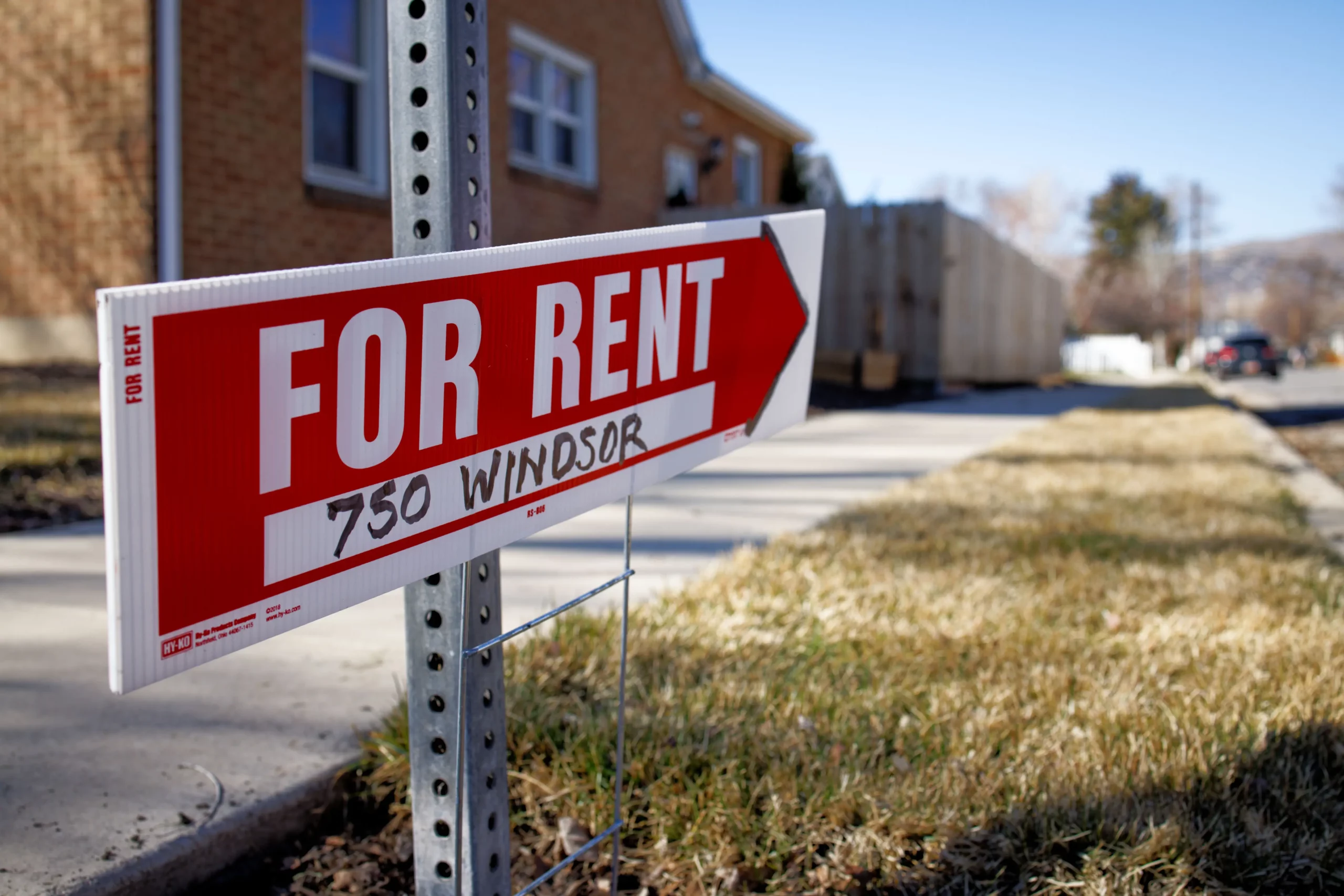
Utah is known for its landlord-friendly rental laws, and 2024 is no exception. However, recent legislative changes and proposals are reshaping the landscape for both landlords and tenants. This comprehensive article delves into the current state of Utah rent increase laws, highlighting key points, recent developments, and potential future changes.
Key Points
- No Rent Control: Utah does not have any rent control laws at the state or local level, meaning there are no caps on how much landlords can increase rent.
- Notice Requirements: Landlords must provide written notice before increasing rent. The notice period varies depending on the lease type and length of tenancy.
- Lease Agreements: Rent increases during a fixed-term lease are typically governed by the terms of the lease agreement.
- Proposed Changes: Legislative proposals in 2024 aimed to extend the notice period for rent increases, but their current status is unclear.
Notice Requirements
| Lease Type | Notice Period (Minimum) |
|---|---|
| Month-to-Month | 15 Days |
| Week-to-Week | 5 Days |
| Year-to-Year (1st Year) | 30 Days (Proposed) |
| Year-to-Year (After 1st Year) | 90 Days (Proposed) |
Recent Developments
- House Bill 355: In 2024, House Bill 355 proposed extending the notice period for rent increases to 60 days, regardless of the lease type. This bill received support from both landlord and tenant groups but did not pass into law.
- Ongoing Discussions: Despite the bill not passing, the discussions surrounding longer notice periods highlight the growing concern over housing affordability and the need for greater tenant protections.
Potential Future Changes
- Extended Notice Periods: While HB 355 failed, it’s possible that future legislative efforts may revive the idea of longer notice periods for rent increases.
- Rent Stabilization Measures: Although unlikely in the near future, some advocates are pushing for rent stabilization measures to address rising housing costs.
Statistical Data
According to a recent report, Utah’s median rent has increased by X% in the past year, outpacing the national average. This surge in rental costs has led to concerns about housing affordability and displacement, particularly among low-income renters.
Conclusion
Utah’s rent increase laws remain largely landlord-friendly in 2024, with no rent control measures in place. However, proposed changes and ongoing discussions indicate a potential shift towards greater tenant protections.
While the future of rent regulations in Utah is uncertain, it’s clear that the issue of housing affordability will continue to be a pressing concern for policymakers and residents alike.
-
Business12 months ago
MyAccessFlorida Login: Easy Portal Guide & Troubleshooting Tips
-
Events2 years ago
Tone Welch And Terry Are Still An Item. ,”Markaisha Is Based On A Genuine Person.”
-
How To12 months ago
Direct2HR Login: Step by Step Portal Guide 2024
-
Technology12 months ago
DGme Login Guide: Accessing Your Dollar General Employee Portal
-
Popular12 months ago
MyFedLoan Login: Managing Student Loan Portal 2024
-
Technology1 year ago
Ios Screen Recorder Guide ( Don’t Know How To Record Screen On IPhone Or IPad? )
-
Celebrity2 years ago
Surya Kumar Yadav: You Can Learn A Lot From His Life Struggles
-
Business1 year ago
What Time Does Taco Bell Breakfast End in 2022? Updates 2022



